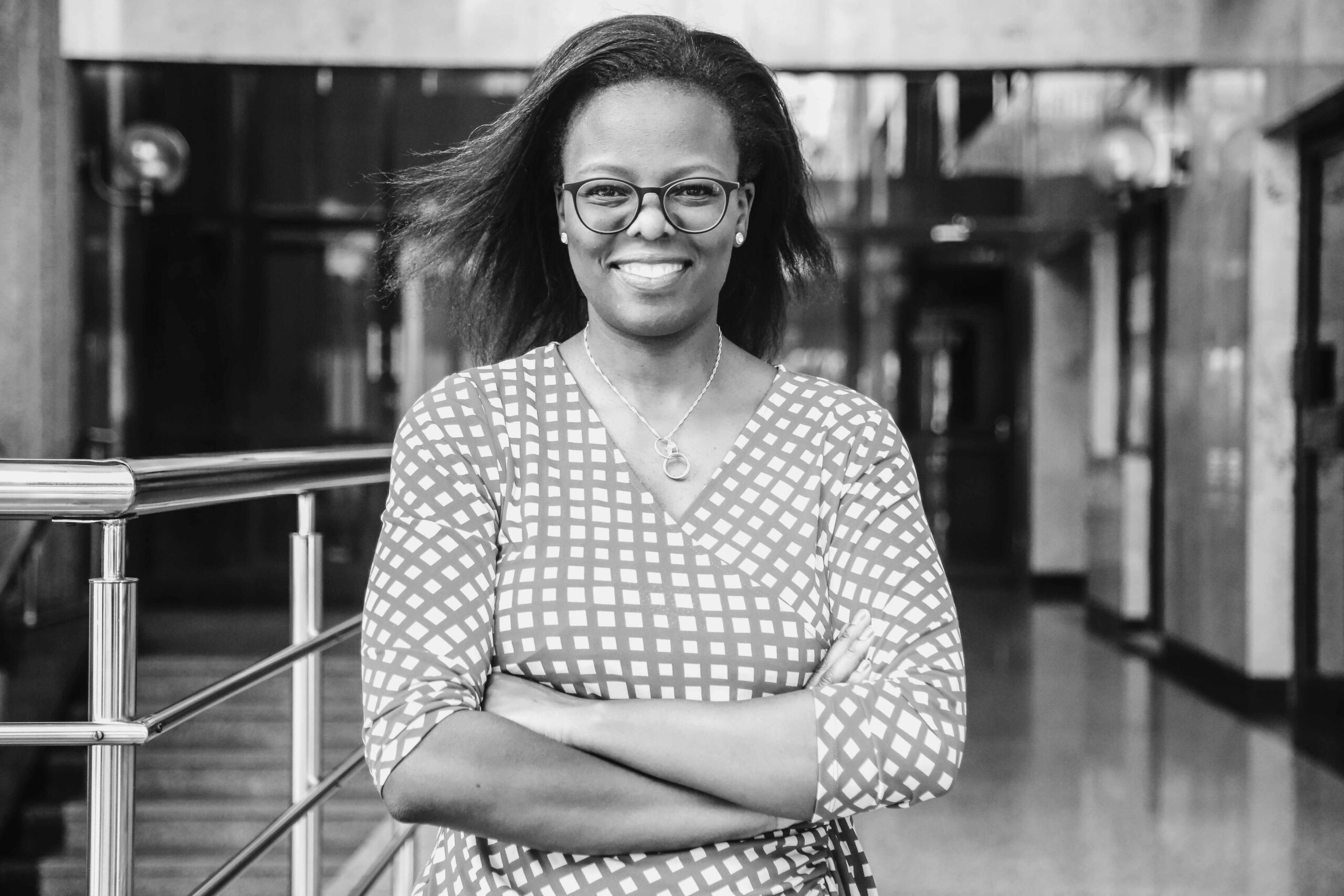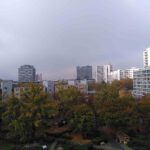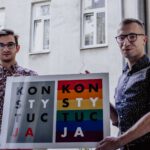“Water is the enabler of all developments” – Interview with WeWater community scout Elizabeth Diego
Das ganze Interview gibt’s bei WeWater.org.
For WeWater, Elizabeth Diego scouts villages at community level in Kenya that could use support to filter clean drinking water. Elizabeth actually works for the government in water management, attends international conferences on water issues and writes for community management journals. Her mother tongue is Luo, which is spoken in the Lake Victoria region. She knows this region well, albeit she currently lives and works in Nairobi. We spoke to her about her job, how she came to WeWater and where she sees opportunities and challenges in Kenyan water management.
Elizabeth, what is your job and how does that connect to WeWater?
I live in Nairobi, working for the government. We are a water resources authority, basically under the governmental ministry of water, and we are, for instance, responsible for sanitation questions. Though I am actually a sociologist.
What does your work entail exactly? And how does your expertise as a sociologist come into play there?
We are a technical organization: in our mandate we regulate the use of water resources across the country. We have hydrologists, geologists, chemists, engineers to undertake this. My department, however, is the community development department. We interact with the communities and conduct projects together with them through the government.
What does this process look like?
The people bring in the proposals, we check those, hand out contracts and take the funds to them to enable them to do the work. In doing so, our department is the one linked to the technicians who do designs and adapt proposals to what is feasible. I basically translate science to everyday language and people.
How did you get into this interesting field between science and community mediation?
My father worked in a similar field. Also, growing up on a farm, everything around me was related to environmental issues, which certainly played a role in developing my passion for those topics – but always with a link to community management.
So you wanted to follow these passions as a career?
Exactly. You can have all the science. But if you don’t have communities to undertake the work, then where does the science go? It’ll just disappear. As I did sociology in my undergrad, we had many internships in organizations, so I worked with street families and children. As opposed to just staying in the office, I want to be out there, helping, changing lives.
Foto: Elizabeth Diego



